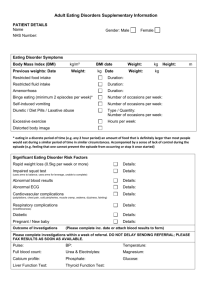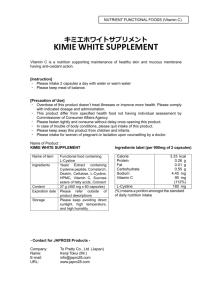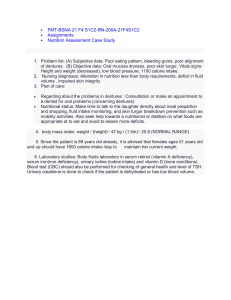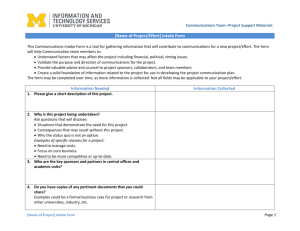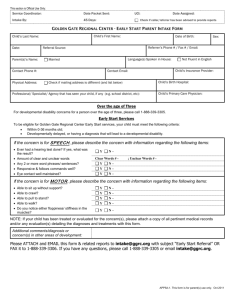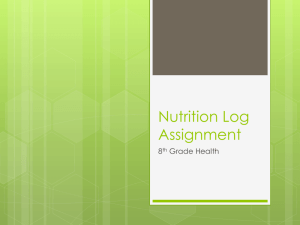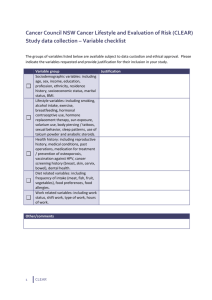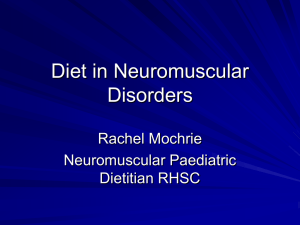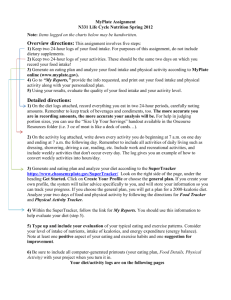Problems with low body weight
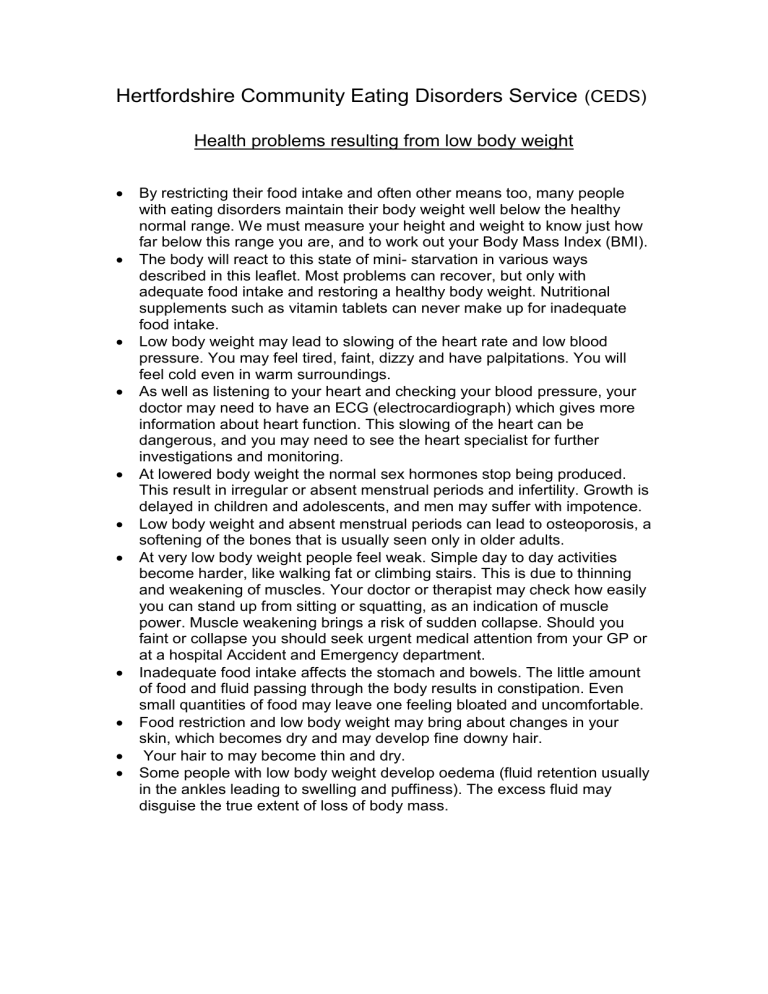
Hertfordshire Community Eating Disorders Service
(CEDS)
Health problems resulting from low body weight
By restricting their food intake and often other means too, many people with eating disorders maintain their body weight well below the healthy normal range. We must measure your height and weight to know just how far below this range you are, and to work out your Body Mass Index (BMI).
The body will react to this state of mini- starvation in various ways described in this leaflet. Most problems can recover, but only with adequate food intake and restoring a healthy body weight. Nutritional supplements such as vitamin tablets can never make up for inadequate food intake.
Low body weight may lead to slowing of the heart rate and low blood pressure. You may feel tired, faint, dizzy and have palpitations. You will feel cold even in warm surroundings.
As well as listening to your heart and checking your blood pressure, your doctor may need to have an ECG (electrocardiograph) which gives more information about heart function. This slowing of the heart can be dangerous, and you may need to see the heart specialist for further investigations and monitoring.
At lowered body weight the normal sex hormones stop being produced.
This result in irregular or absent menstrual periods and infertility. Growth is delayed in children and adolescents, and men may suffer with impotence.
Low body weight and absent menstrual periods can lead to osteoporosis, a softening of the bones that is usually seen only in older adults.
At very low body weight people feel weak. Simple day to day activities become harder, like walking fat or climbing stairs. This is due to thinning and weakening of muscles. Your doctor or therapist may check how easily you can stand up from sitting or squatting, as an indication of muscle power. Muscle weakening brings a risk of sudden collapse. Should you faint or collapse you should seek urgent medical attention from your GP or at a hospital Accident and Emergency department.
Inadequate food intake affects the stomach and bowels. The little amount of food and fluid passing through the body results in constipation. Even small quantities of food may leave one feeling bloated and uncomfortable.
Food restriction and low body weight may bring about changes in your skin, which becomes dry and may develop fine downy hair.
Your hair to may become thin and dry.
Some people with low body weight develop oedema (fluid retention usually in the ankles leading to swelling and puffiness). The excess fluid may disguise the true extent of loss of body mass.
Practical points
Although vitamin supplements can never make up for adequate food intake, it is wise to take a vitamin supplement containing a variety of vitamins and minerals (such as Forceval) if you have a BMI below 15.
If you have ostepenia or osteoporosis, you should avoid physical activities which might lead to a fall.
We have given you this leaflet with the intention to provide you with information that is important to you, not to worry or upset you. Remember, most people with eating disorders do recover, and most can benefit from treatment. Even though you may feel completely stuck, you to have the chance to change and get better.
Acknowledgement: to Dr Hugh Herzig, Bristol Eating Disorder Service, who wrote the original on which this is based .

